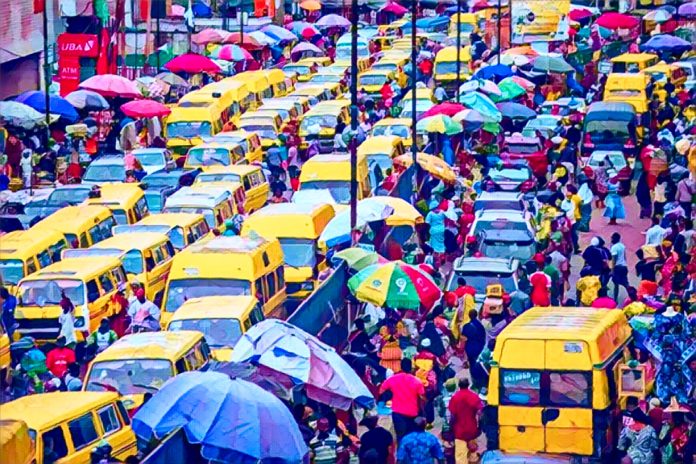KEY POINTS
-
Nigerian cities like Lagos, Abuja, and Port Harcourt are adopting electric buses, green lanes, and solar-powered ferries to reduce traffic congestion and carbon emissions.
-
Projects are backed by local governments and international development partners, but face hurdles such as funding gaps, infrastructure deficits, and resistance from informal transport operators.
-
Urban planners see these sustainable initiatives as crucial to building cleaner, safer, and more productive cities across Nigeria.
Nigeria’s megacities are embracing sustainable mobility innovations to combat some of the worst traffic congestion on the African continent.
With roads choked by endless lines of cars, motorcycles, and commercial buses known as danfos, local authorities in cities like Lagos, Abuja, and Port Harcourt are rolling out a mix of green transportation strategies to ease the traffic gridlock and reduce environmental harm.
In Lagos, Africa’s most populous city with over 20 million residents, the Lagos Metropolitan Area Transport Authority (LAMATA) has introduced a pilot fleet of electric buses, aiming to cut both air pollution and operational costs.
These zero-emission buses, powered by renewable energy at charging stations located at strategic bus depots, serve high-density commuter corridors such as the Oshodi-Abule Egba BRT route.
“Our goal is to shift at least 40% of daily commuters to low-emission mass transit by 2030,” said LAMATA General Manager Abimbola Akinajo. “Sustainable transport is no longer an option—it’s an imperative for public health and economic efficiency.”
Green lanes and smart solutions to combat traffic Abuja
In the capital city Abuja, authorities have taken a slightly different approach. The Federal Capital Territory Administration (FCTA) recently unveiled “Green Lanes”—dedicated bus corridors for electric shuttles and non-motorized transport. Complemented by smart traffic signals and ride-hailing partnerships that prioritize carpooling, the system is already reducing average commute times during peak hours in central districts like Garki and Maitama.
Tech is also playing a key role. The Abuja Urban Mobility Project, funded in part by the African Development Bank, includes mobile apps for bike-sharing, digital fare payments, and real-time transit data—bringing a modern twist to public commuting.
“The objective is to provide clean, affordable, and efficient mobility, especially for low-income residents who spend a disproportionate amount of time and money commuting,” said project coordinator Fatima Garba.
In Port Harcourt, traffic planners are turning to an often-overlooked alternative: inland water transport. With the city’s strategic location on the Bonny River, the Rivers State government is investing in a fleet of solar-powered ferries and rehabilitating jetties for daily commuters. The move is designed to relieve pressure from overburdened road networks while offering an eco-friendly travel option.
“We have abundant natural water channels—why not use them?” asked Rivers State Commissioner for Transport, Osinachi Eke. “This initiative is about reclaiming our waterways for public good while reducing carbon emissions.”
Despite progress, several challenges threaten the momentum of these projects. Funding remains tight, with most initiatives relying on multilateral loans or private partnerships. Infrastructure gaps—such as poor road maintenance, unreliable power supply, and lack of pedestrian safety—also hamper widespread adoption.
Moreover, the informal transport sector, which includes millions of self-employed drivers and operators, often sees sustainability policies as a threat to their livelihoods. Efforts to include them through cooperatives and retraining programs are underway but slow.
Still, experts argue that the benefits of sustainable urban transport far outweigh the costs. Cleaner air, safer roads, less noise, and higher productivity could unlock significant gains for Nigerian cities grappling with rapid urbanization.
Dr. Ngozi Udenwa, a transport economist at the University of Nigeria Nsukka, stressed the long-term payoff. “Traffic congestion is more than a nuisance—it’s an economic drain. A city that moves efficiently is one that grows inclusively.”
As Nigeria positions itself for future growth, the shift toward sustainable mobility is proving not just visionary, but essential.



